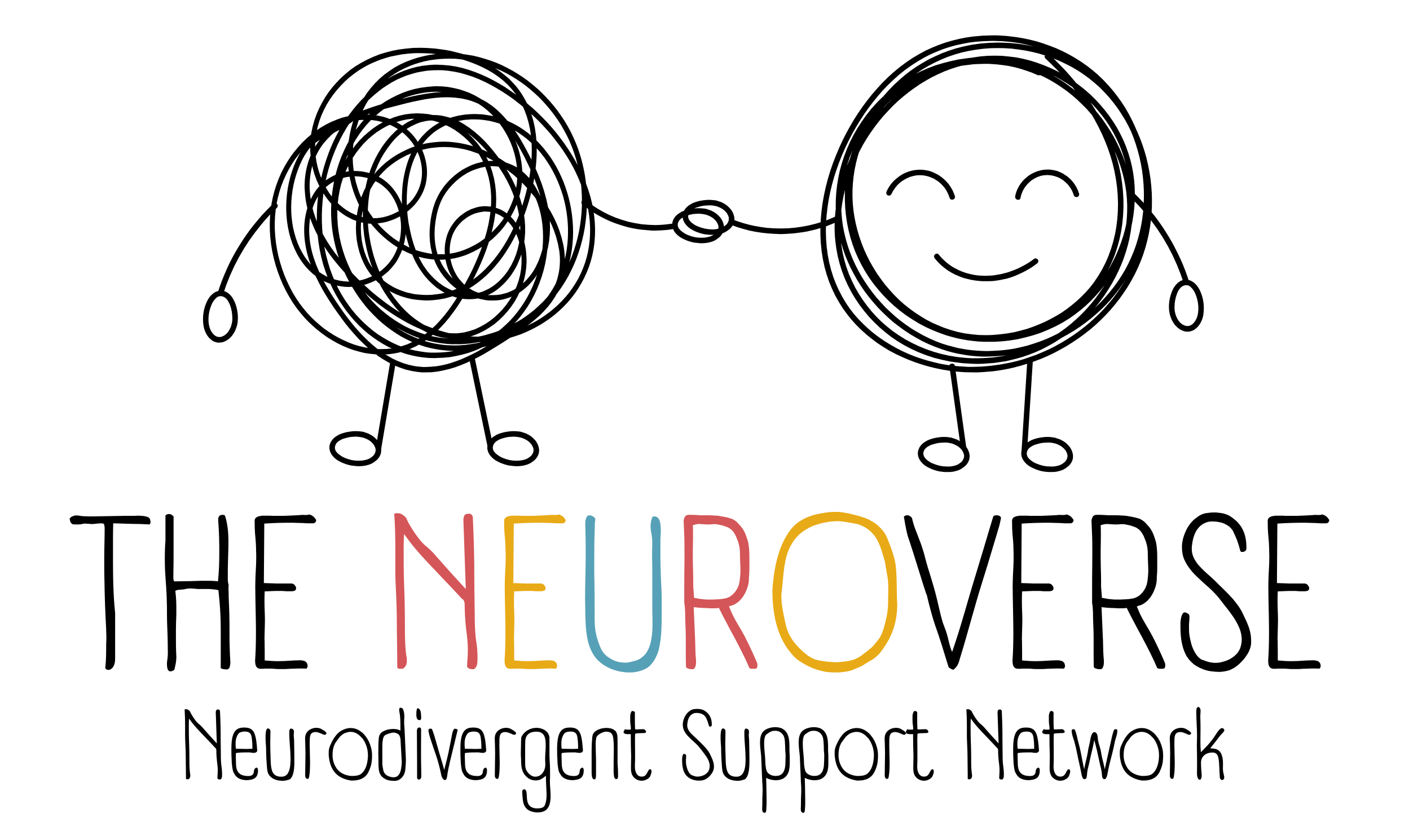ARFID: Not just picky eating.

ARFID, or Avoidant/Restrictive Food Intake Disorder, is a newly recognised eating disorder characterised by an aversion to certain foods. It can lead to significant nutritional deficiencies, weight loss, or failure to gain weight appropriately.
It is different from other eating disorders because it is not driven by body image concerns. Instead, it often involves a lack of interest in eating, sensory sensitivities, or fear of adverse consequences like choking or vomiting.
ARFID and NEURODIVERSITY
ARFID is relatively common among neurodivergent children. Research indicates that up to 80% of children with autism spectrum disorder (ASD) may exhibit feeding problems, and many of these children meet the criteria for ARFID. Studies have found that children with ASD are more likely to exhibit picky eating behaviours and food selectivity, which can lead to ARFID.
Signs and symptoms:
Behaviour:
- Avoiding certain foods or entire food groups, often based on colour, texture, smell, or other sensory characteristics.
- Intense fear of choking, vomiting, or experiencing gastrointestinal distress.
- Limited interest in food or eating
- High sensitivity to the texture, taste, smell, or appearance of food
- Preference for a very limited variety of foods
Physical symptoms
- Significant weight loss due to restricted food intake.
- Deficiencies in vitamins, minerals, and other nutrients, leading to symptoms such as anaemia, fatigue, and poor overall health.
- Failure to achieve expected weight gain or growth milestones.
- Frequent complaints of stomach pain, constipation, or other digestive issues.
- Muscle weakness, low energy levels, and overall physical decline.
- Slow healing of cuts and bruises due to inadequate nutrition.
- Feeling excessively cold, especially in the hands and feet.
- In females, irregular or absent menstrual periods due to low energy intake and nutritional deficiencies.
Interventions for ARFID
Interventions for ARFID typically involve a multidisciplinary approach, including:
- Nutritional Interventions: Dietitians conduct nutritional assessments and develop plans to ensure adequate intake of nutrients.
- Behavioural Therapies: Therapists work on reducing food-related anxiety and increasing food variety through exposure therapy and other techniques.
- Medical Monitoring: Regular health check-ups to monitor physical symptoms and manage any medical complications.
- Occupational Therapy: For children with sensory sensitivities, occupational therapy can help desensitise them to different textures and sensory experiences related to food.
- Speech and Language Therapy: This can be particularly useful for children who have difficulty swallowing or other oral-motor challenges that contribute to their feeding issues.
- Family-Based Therapy: Engaging family members in the treatment process to support the child’s progress and ensure a supportive eating environment (Dove Medical Press) (OneOp).
Recognising the warning signs of ARFID early is crucial for timely intervention. Effective treatment often requires a multidisciplinary approach to address the complex interplay of psychological, sensory, and physical factors. Understanding and addressing ARFID can lead to significant improvements in health outcomes and quality of life for affected individuals and their families.
References
Thomas, J. J., Lawson, E. A., Micali, N., Misra, M., Deckersbach, T., & Eddy, K. T. (2017). Avoidant/Restrictive Food Intake Disorder: A Three-Dimensional Model of Neurobiology with Implications for Etiology and Treatment. Current Psychiatry Reports, 19(8), 54.
Bryant-Waugh, R., Markham, L., Kreipe, R. E., & Walsh, B. T. (2010). Feeding and eating disorders in childhood. International Journal of Eating Disorders, 43(2), 98-111.
American Psychiatric Association. (2013). Diagnostic and Statistical Manual of Mental Disorders (5th ed.). Arlington, VA: American Psychiatric Publishing.
Sharp, W. G., Berry, R. C., McCracken, C., Nuhu, N. N., Marvel, E., Saulnier, C. A., Klin, A., Jones, W., & Jaquess, D. L. (2013). Feeding problems and nutrient intake in children with autism spectrum disorders: A meta-analysis and comprehensive review of the literature. Journal of Autism and Developmental Disorders, 43(9), 2159-2173.



Leave a Reply